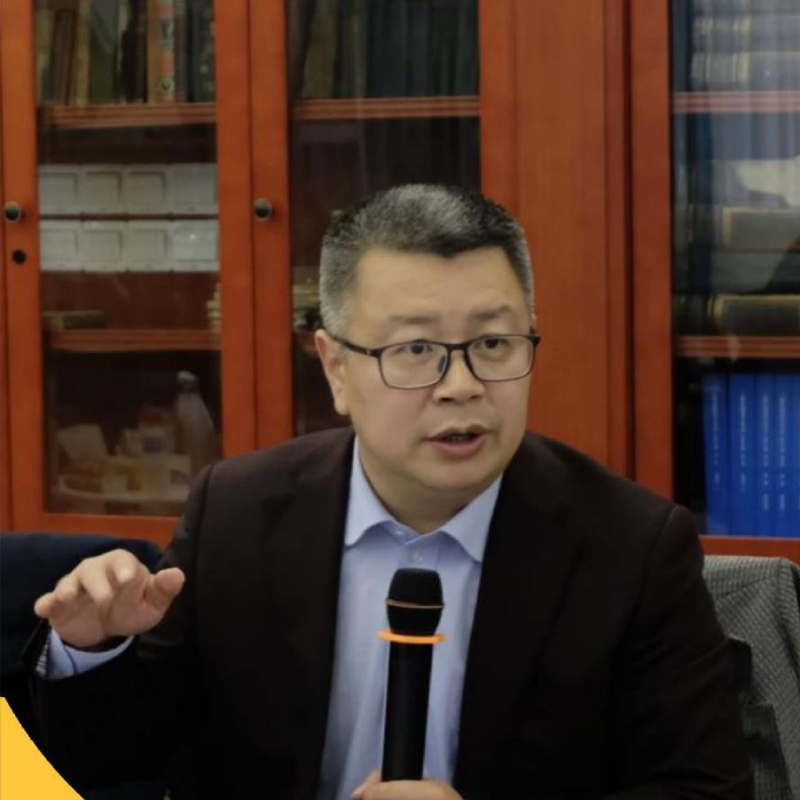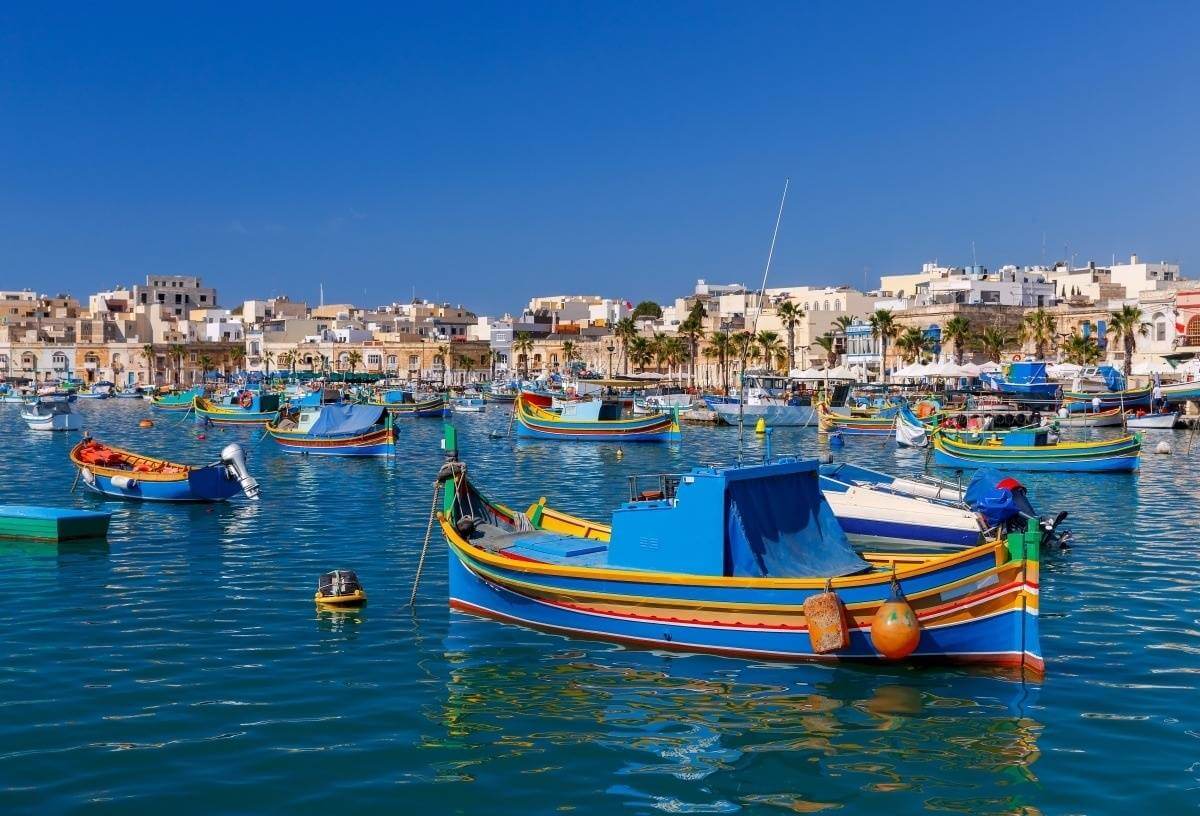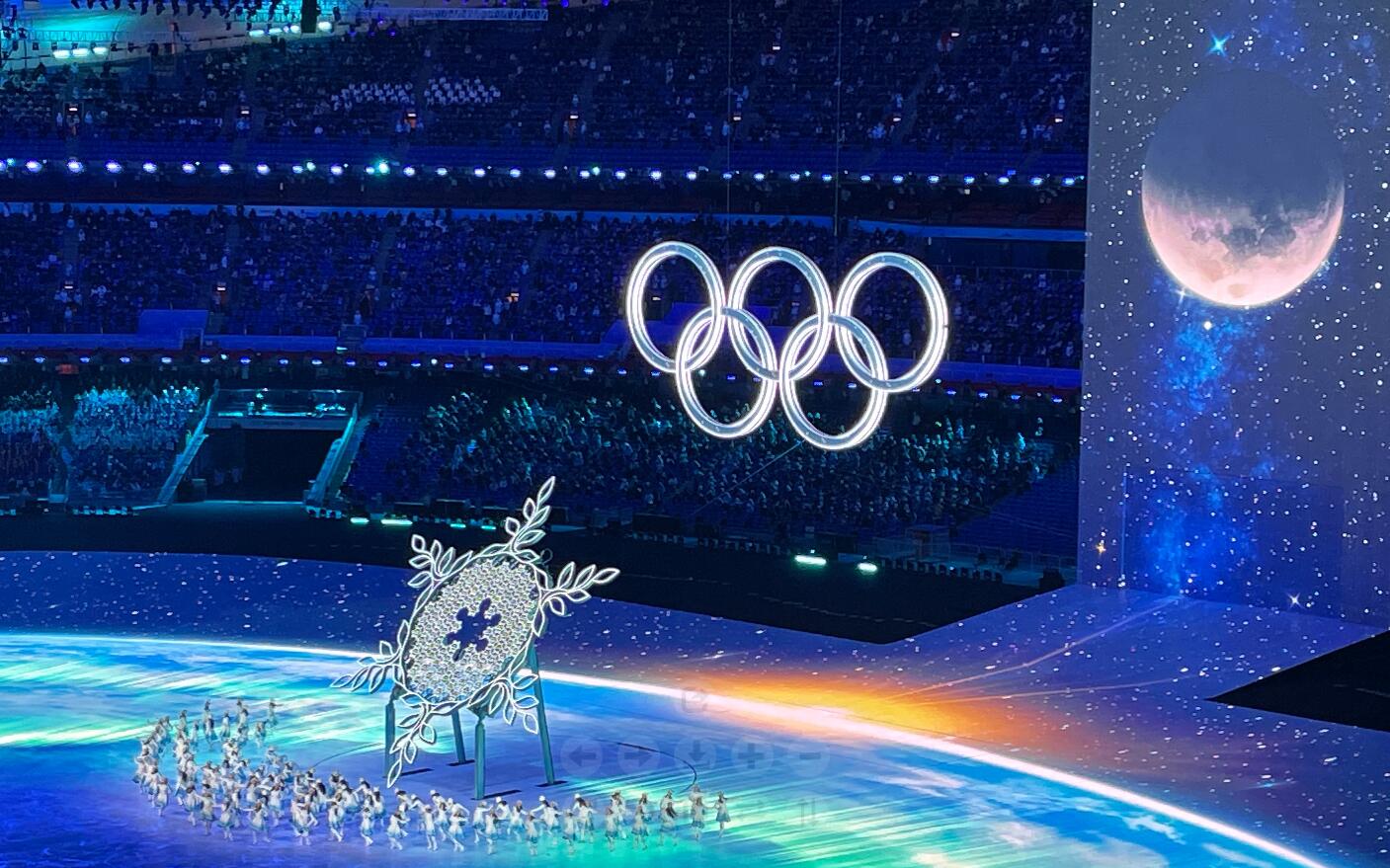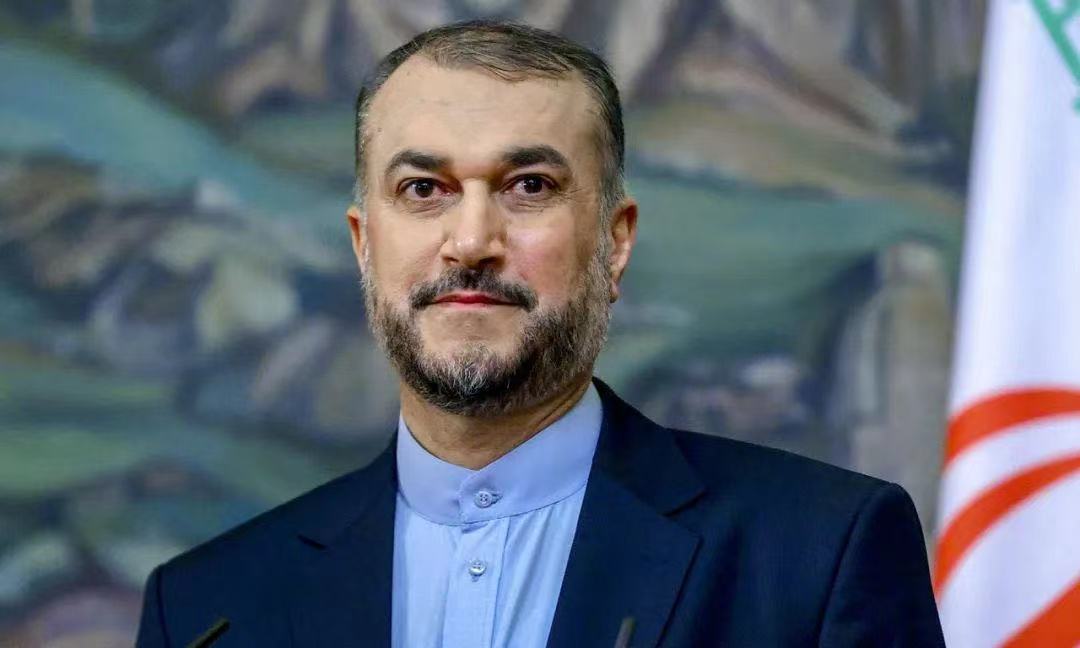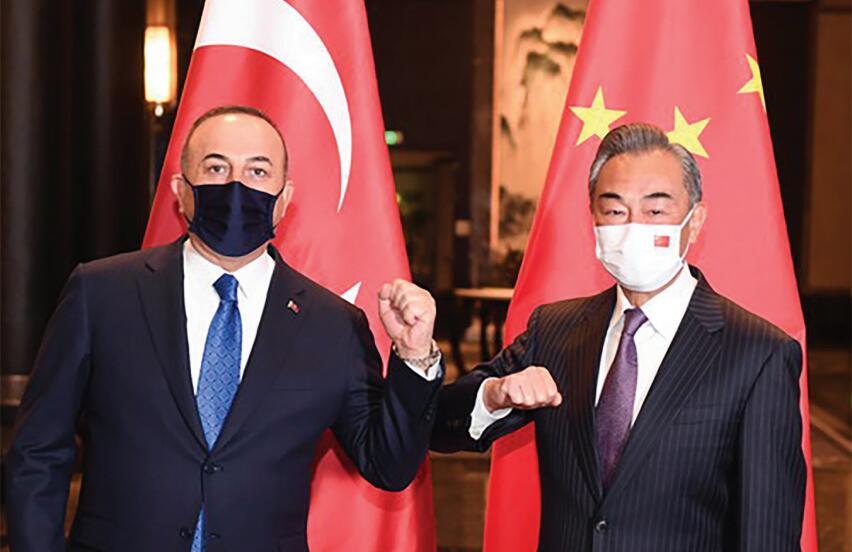
Abstract
Introduction
Historical Background
Major influencing factors were the Cold War, different opinions on Uyghurs, the Korean War, Turkey’s NATO identity, and Pan-Turkism Paranoia. By the 2000s, the two sides sped up
50th Anniversary and Economic Relations
Belt and Road
“Under the common vision for the future, our goal is to further improve the win-win relationship between the two countries. This is also part of the ‘Belt and Road’ spirit”
In this regard, Turkey aims to extend its cooperation with China and its strength in Middle Asia. In doing so, Turkey and China need to workon more agreements under ‘Belt and Road’ and
 Moreover, BRI was introduced as an initiative that offers prosperity to member states. Turkey gave open support to BRI by 2013, which brought many investments from China. Turkey’s unemployment rate was 13.4% in 2021 (TUIK, İşgücü İstatistikleri, 2021). Especially after the Turkish Lira lost value, the country faced sanctions and conflicts and experienced pressure from other countries, hurting its economy. Furthermore, the Turkish economy suffered due to the pandemic in 2020. The crisis deepened as the Turkish economy is directly connected to foreign markets, foreign investments, and tourism. At this point, large-scale Chinese investments played a very significant role.
Moreover, BRI was introduced as an initiative that offers prosperity to member states. Turkey gave open support to BRI by 2013, which brought many investments from China. Turkey’s unemployment rate was 13.4% in 2021 (TUIK, İşgücü İstatistikleri, 2021). Especially after the Turkish Lira lost value, the country faced sanctions and conflicts and experienced pressure from other countries, hurting its economy. Furthermore, the Turkish economy suffered due to the pandemic in 2020. The crisis deepened as the Turkish economy is directly connected to foreign markets, foreign investments, and tourism. At this point, large-scale Chinese investments played a very significant role.
Turkish academia focuses on China more than ever. The number of academic articles on China Studies is increasing in Turkey.
 According to Kadir Has University’s annual Turkish Foreign Policy survey across Turkey in 2021, the second-largest group of participants, with 19.7%, believe that China will be the second strongest country in the following ten years. Moreover, 16.2% of the participants put China on the list of ‘The Most Important Foreign Policy Events Turkey Will Face in the Next 10 Years’. The rate was 14.9% in 2020 and 6.3% in 2019. Also, 27% of the participants believe that China is friendly, and 42.2% believe the opposite. What’s more, China’s score increased 15.2% from last year. 18.9% of the participants believe that China is a threat to Turkey, and 52.9% thinks positively of China. China’s rate in the list of ‘Countries to Cooperate With’ as follow; 23% in 2021, 11.8% in 2020, 10.4% in 2019, 4.8% in 2018, 3.4% in 2017, 3.1% in 2016, 3.7% in 2015, and 4.2% in 2013. 61.2% of the participants said ‘Yes’ to ‘The development of economic relations between Turkey and China is good for the Turkish economy’ (Aydın, 2021). All those recent data show that China’s visibility, positive profile, and credibility are improving in the eyes of the Turkish public. The survey demonstrates that extending connectivity and trade will create a more positive image of China inTurkey. More or less, the same situation is expected in China.
According to Kadir Has University’s annual Turkish Foreign Policy survey across Turkey in 2021, the second-largest group of participants, with 19.7%, believe that China will be the second strongest country in the following ten years. Moreover, 16.2% of the participants put China on the list of ‘The Most Important Foreign Policy Events Turkey Will Face in the Next 10 Years’. The rate was 14.9% in 2020 and 6.3% in 2019. Also, 27% of the participants believe that China is friendly, and 42.2% believe the opposite. What’s more, China’s score increased 15.2% from last year. 18.9% of the participants believe that China is a threat to Turkey, and 52.9% thinks positively of China. China’s rate in the list of ‘Countries to Cooperate With’ as follow; 23% in 2021, 11.8% in 2020, 10.4% in 2019, 4.8% in 2018, 3.4% in 2017, 3.1% in 2016, 3.7% in 2015, and 4.2% in 2013. 61.2% of the participants said ‘Yes’ to ‘The development of economic relations between Turkey and China is good for the Turkish economy’ (Aydın, 2021). All those recent data show that China’s visibility, positive profile, and credibility are improving in the eyes of the Turkish public. The survey demonstrates that extending connectivity and trade will create a more positive image of China inTurkey. More or less, the same situation is expected in China.Trust-Based Relations
Turkey and China have similar problems, such as the PKK and the Eastern Turkistan Islamic Movement. China does not support the PKK in any aspect.
Figure 1. Turkey’s Export-Import Rate with Mainland China

Trade Deficit Issue
Table 1. Turkey’s Export-Import Rate with Mainland China in Number

The Turkish side mentions the trade deficit situation in almost every diplomatic meeting with the Chinese side. China extends the number of import items from Turkey and encourages more Chinese companies to invest in Turkey. However, it’s not realistic to balance the export-import rate of the two countries in this way. Therefore, Turkey needs to have a clear import-export policy toward China. It must include attracting more Chinese investment and encouraging Turkish companies to invest in China, extending business between the two.
Economic Cooperation
 For example, the Turkish Wealth Fund (TWF) and Sinosure reached a memorandum of understanding in March 2020. Under the current agreement, Sinosure provides $5 billion worth of insurance support to Turkey (Ekoturk, 2020). Although some claim that China’s investment under BRI is ‘debt trap diplomacy’,Turkey still welcomes Chinese investments and is open to financial activities between the two countries. During all these financial activities, two countries use the Chinese Yuan (RMB),which helps China to internationalize RMB. It shows Turkey’s positive attitude to economic and financial ties with China. Lastly, it's important to note that Turkey became a founding member of the China-led Asian Infrastructure Investment Bank (AIIB) in 2015 (AIIB, 2021).
For example, the Turkish Wealth Fund (TWF) and Sinosure reached a memorandum of understanding in March 2020. Under the current agreement, Sinosure provides $5 billion worth of insurance support to Turkey (Ekoturk, 2020). Although some claim that China’s investment under BRI is ‘debt trap diplomacy’,Turkey still welcomes Chinese investments and is open to financial activities between the two countries. During all these financial activities, two countries use the Chinese Yuan (RMB),which helps China to internationalize RMB. It shows Turkey’s positive attitude to economic and financial ties with China. Lastly, it's important to note that Turkey became a founding member of the China-led Asian Infrastructure Investment Bank (AIIB) in 2015 (AIIB, 2021).China’s technology investments and support will contribute to developing Industry 4.0 and Society 5.0 concepts in Turkey.
Energy Technology Cooperation

COVID-19 Era
The two countries would take the 50th anniversary as an opportunity for further cooperation.
Conclusions
References
- AA. (February 2021). Türkiye en fazla ziyaretçi ağırlayan 6. ülke. Retrieved from https://www.aa.com.tr/tr/turkiye/turkiye-en-fazla-ziyaretci-agirlayan-6-ulke/1730459#.
- AA. (June 2019). Türkiye’nin balistik füze teknolojisinde yeni aşama. Retrieved from https://www.aa.com.tr/tr/analiz/turkiyenin-balistik-fuze-teknolojisinde-yeni-asama/1516196.
- AA. (March 2021). Kovid-19 aşılama sürecinde 60 yaş üzerive eşleri ile risk grubundaki bazı hastalar için randevular
- Aksoy Hami. (February 2019). Statement of the Spokesperson of the Ministry of Foreign Affairs, Mr.Hami Aksoy, in Response to a Question Regarding Serious Human Rights Violations Perpetrated Against Uighur Turks and the Passing Away of Folk Poet Abdurehim Heyit. Turkish Ministry of Foreign Affairs.Retrieved from https://www.mfa.gov.tr/sc_-06_-uygur-turklerine-yonelik-agir-insan-haklari-ihlalleri-ve-abdurrehim-heyit-in-vefati-hk.en.mfa.
- Anadolu Ajansi. (April 8, 2020). Cumhurbaşkanı Erdoğanile Çin Devlet Başkanı Şi telefonda görüştü. Retrieved
- Anadolu Agency. (May 2020). Turkey Envoy Slams US Senators for Uyghurs Comments. Retrieved from https://www.aa.com.tr/en/americas/turkey-envoy-slams-us-senators-for-uyghurs-comments/1851129.
- Bank of China. (December 2017). Bank of China Turkey A.Ş. Obtained Operational License On 01/12/2017,
- Bloomberg HT. (22 August 2021). Çinli grup 3. köprüanlaşmasını feshetmek istiyor. Retrieved from https://www.bloomberght.com/cinli-grup-3-kopruanlasmasini-feshetmek-istiyor-2286213.
- CGTN. (March 2021). China’s Vaccine Map: Countries using Chinese vaccines, Retrieved from https://news.cgtn.com/news/2021-03-14/China-continues-to-contribute-to-global-vaccine-distributionYCquwiznFKindex.html.
- Chen Yunge. (2018). “Belt and Road” development challenge brought by the Middle East’s non-traditional
- security issues, Nanchang University, 陈韵鸽. (2018).
- 中东地区非传统安全问题给“一带一路”发展倡议带来的挑战及治理对策.南昌大学. pp.18.
- China Embassy. (November 2019). Çin Büyükelçisi Sayın LİU Shaobin’in Özgeçmişi. Retrieved from http://tr.china-embassy.org/tur/dsxx_1/dsjl/.
- China Embassy. (February 2019). Çin Hükümeti İzmir Başkonsolosluğu’nu Geçici Olarak Kapatma Kararı Almıştır. Retrieved from http://tr.china-embassy.org/tur/xwdt/t1641584.htm, accessed on May 19, 2021.
- Chinese Ministry of Foreign Affairs.中国外交部.(2018).Wang Yi had a telephone conversation with Turkish
- Foreign Minister Çavuşoğlu. 王毅同土耳其外长查武什奥卢通电话. Retrieved from http://new.fmprc.gov.cn/web/wjbzhd/t1772085.shtml.
- Chris Zambelis. (2010). Sino-Turkish Strategic Partnership:Implications of Anatolian Eagle 2010. China Brief.
- Volume: 11 Issue: 1, Retrieved from https://jamestown.org/program/sino-turkish-strategic-partnership-implications-of-anatolian-eagle-2010/.
- Cosco. (2022). Company Profile. Retrieved from https://world.lines.coscoshipping.com/turkey/en/about/0,3companyprofile/1/6
- CSUN. (2021). CSUN Solar Tech, Retrieved from https://www.csunsolartech.com/about-us.
- Cumhuriyet. (April 2021). Son aşamaya gelindi... Yavuz Sultan Selim Köprüsü’nün yüzde 51’i satılıyor. Retrieved
- David Svarin. (2015). Towards a Eurasian axis? Russia and Turkey between cooperation and competition.
- Global Affairs. 1(4). pp.381-398.
- DEIK. (December 2016). Asya Yüzyilinda Ejder & Hilâl Türkiye-Çin Ekonomik İlişkilerinin Geliştirilmesi İçin Bir Yol Haritasi., pp.37. Retrieved from https://www.deik.org.tr/uploads/yayinlar/cin-raporu/files/assets/basic-html/page41.html.
- Directorate of Communications. (May 2021). Sağlık Bakanı Koca, Koronavirüs Bilim Kurulu Toplantısı’nın ardından
- açıklamalarda bulundu, Retrieved from https://www.iletisim.gov.tr/turkce/yerel_basin/detay/saglik-bakani-koca-koronavirus-bilim-kurulu-toplantisinin-ardindan-aciklamalarda-bulundu.
- Dunya. (February 2021). Çinli Haier’den Eskişehir’e 40 milyon Euro’luk yatırım. Retrieved from https://www.dunyacom/sirketler/cinli-haierden-eskisehire-40-milyon-euroluk-yatirim-haberi-609689.
- DW. (April 2021). Türkiye Rusya’dan 50 milyon doz Sputnik V aşısı alacak. Retrieved from https://www.dw.com/tr/türkiye-rusyadan-50-milyon-doz-sputnik-v-aşısı-alacak/a-57367147.
- Ekoturk. (March 2020). Türkiye Varlik Fonu İle Sinosure Arasinda 5 Milyar Dolarlik İş Birliği Mutabakati.
- Retrieved from https://www.ekoturk.com/haber/turkiye-varlik-fonu-ile-sinosure-arasinda-5-milyar-dolarlik-is-birligi-mutabakati/.
- Emre Kartal. (2019). TBMM Çalışmalarında Türkiye-Çin Halk Cumhuriyeti İlişkileri: 1999 – 2019. Doğu Asya Araştırmaları Dergisi. Vol 2. No 2. pp.55.
- Eric Rosen. (September 2018). New Rankings Of The World’s Fastest-Growing Tourism Destinations.
- Fahrettin Altun. (January 2020). Canal Istanbul. Twitter.Retrieved from https://twitter.com/fahrettinaltun/status/1213558175242297346.
- Forbes. (May 2021). Bank of China, Retrieved from https://www.forbes.com/companies/bank-of-china/?list=worlds-best-banks/&sh=7eaf08f49ad4.
- Garrett Bullock. (July 2020). The Belt and Road Initiative:China’s Rise, America’s Balance, and Latin America’sStruggle. History Honors Papers. pp.7.
- Gazete Duvar. (May 2021). Akşener: Çin aşısında sorumluluğu bana yıkmaya çalışıyorlar. Retrieved from
- Haberturk. (February 2020). Çin’den 2 milyar 100 milyon dolarlık enerji yatırımı. Retrieved from https://www.haberturk.com/adana-haberleri/75483697-cinden-2-milyar-100-milyon-dolarlik-enerji-yatirimiadanada-yilda-11-5-milyar-kilovat.
- Haberturk. (May 2021). Weihau: Aşı tedariki sürecek.Retrieved from https://www.haberturk.com/yazarlar/muharrem-sarikaya/3066024-weihau-asi-tedariki-surecek.
- Huang Weimin. (2003). Historical investigation and evaluation of China Turkey relations, West Asia and Africa 黄维民. (2003).中土关系的历史考察及评析[J].西亚非洲. (05):56.
- Hurriyet. (April 2020). Dışişleri Bakanı Çavuşoğlu, Çin Dışişleri Bakanı ile görüştü. Retrieved from https://www.hurriyet.com.tr/dunya/son-dakika-haberler-disisleri-bakani-cavusoglu-cin-disisleri-bakani-ile-gorustu-41499781.
- Istanbul Metropolitan Municipality. (October 2019).İbb’den Turizmi Geliştirecek Çeviri Tabela Uygulamasi.Retrieved from https://www.ibb.istanbul/News/Detail/35907.
- Işık, Ahmet F. (2020). Opportunities and Challenges in Turkish and Chinese Bilateral Relationship. InternationalJournal of Politics and Security (IJPS). Vol. 2. No.4. pp.55.
- Işık, Ahmet F. (December 2020). Iron Silk Road:Turkey-China ties grow stronger. Daily Sabah. Retrieved from https://www.dailysabah.com/opinion/op-ed/iron-silk-road-turkey-china-ties-grow-stronger.
- Jonathan Fulton. (June 2019). China’s Changing Role In The Middle East. Atlantic Council. Retrieved from
- Joseph Nye. (2008). Public Diplomacy and Soft Power.
- K. Ozden. (2001). Cin’in Yeniden Yukselisi: ‘Jeo-stratejik Onemi, Politik ve Askeri Gucu ve Turkiye ile Olan Iliskileri. Turkish Cooperation and Coordination Agency (TIKA). pp.114.
- Kadir Temiz. (2017). Turkiye-Cin Iliskileri. SETA Vakfi.No: 196. p. 10.
- Kalyon PV. (2021). Turkey, to shine like a star in sustainable energy. Retrieved from https://kalyonpv.com/about-us.html.
- Kerem Kofteoglu. (February 2021). Pekin Büyükelçisi Önen: 4’üncü Başkonsolosluğu Chengdu’da Açıyoruz.
- Kibaroglu, M. & Sazak, SC (February 2016). Why Turkey Chose, and Then Rejected, a Chinese Air-Defense Missile. Defense One. Retrieved from http://openaccess.mef.edu.tr/xmlui/handle/20.500.11779/733.
- Logoreci Anton. (1967). Albania and China: The Incongruous Alliance. Current History. vol.52. no.308.pp. 227–245.
- Ministry of Foreign Affairs中国外交部. (March 2021). Turkish President Recep Tayyip Erdogan Meets with WangYi. Retrieved from https://www.fmprc.gov.cn/mfa_eng/zxxx_662805/t1864534.shtml.
- Mustafa Aydın. (2021). Turkish Foreign Policy Public Perceptions Survey. Kadir Has University. Retrieved from
- PARA. (September 2020). Bu Firati Kacirmayin”, pp55.
- People’s Daily. (2018). [Belt and Road, and cross cultural relations]构建人类命运共同体:“一带一路”与跨文化交流, 人民网. Retrieved from http://world.people.com.cn/n1/2018/0717/c187656-30152690.html.
- Recep Tayyip Erdogan. (2019). President of the Republic of Turkey. Turkey and China share a common vision for the future. Global Times 土耳其共和国总统 雷杰普·塔伊普·埃尔多安. (2019) . “土耳其和中国对未来怀共同愿景”. 环球时报. Retrieved from https://opinion.huanqiu.com/article/9CaKrnKlged.
- RFE/RL’s Azerbaijani Service. (October 2017). Baku-Tbilisi-Kars Railway Line Officially Launched. Retrieved
- Sabah. (January 2021). Dostluğumuzun çıtasını daha da yükseltelim. Retrieved from https://www.sabah.com.tr/dunya/2021/01/29/dostlugumuzun-citasini-daha-da-yukseltelim.
- Sadık Ünay. Altay Atlı. (June 2014). Küreselleşme Sürecinde Türkiye-Çin Ekonomik İlişkileri. Vol 96.
- SETAV. pp.19. Retrieved from http://file.setav.org/Files/Pdf/20140610182601_kuresellesme-surecinde-turkiye-cin-ekonomik-iliskileri-pdf.pdf.
- Sheng Rui. (2015). Belt and Road Strategy. China Turkey Relations. 盛 (2015). “一带一路”战略下中国土耳其关系. 环球经纬. pp.89.
- Shu Jinglin. Sheng Rui. (2014). Research on China Turkey strategic partnership. Social Science Forum.舒景林. 盛睿.(2014).中土战略合作伙伴关系研究[J].社会科学论坛. (05):235.
- Sputnik. March 21. [Turkey plays an important role inexpanding economic cooperation between China and the Middle East.]土耳其对扩大中国与中东经济合作起重要作用. Retrieved from http://sputniknews.cn/politics/202103271033360047/.
- Stanislav Myšička. (December 2015). Chinese support for communist insurgencies in Southeast Asia during thecold war. International Journal of China Studies. Vol.6.No.3. pp.203-230.
- Stefan Hedlund. (April 2021). Turkey’s push for greater influence in Central Asia. Geopolitical Intelligence
- Sun Degang. (Jan 25, 2021). Interview (Chinese Scholar),Fudan University, Middle East Research CenterResearcher, interview by Ahmet Faruk ISIK, via Wechat.
- Tanner Greer. (December 2018). One Belt, One Road,One Big Mistake. Foreign Policy. Retrieved from https://foreignpolicy.com/2018/12/06/bri-china-belt-road-initiative-blunder/.
- Tao Zan. (2016). Turkey dream and the China-Turkish cooperation under the Belt and Road Initiative. Journalof Middle Eastern and Islamic Studies (in Asia). 10(3).pp. 50–72.
- The Asian Infrastructure Investment Bank. (2022).Members and Prospective Members of the Bank.Retrieved from https://www.aiib.org/en/about-aiib/governance/members-of-bank/index.html.
- TRT. (December 2011). Türkiye’de Çin Yılı” Olarak Kutlanacak. Retrieved from https://www.trthaber.com/haber/kultur-sanat/2012-turkiyede-cin-yili-olarak-kutlanacak-18669.html
- TRT. (March 2021). Cumhurbaşkanı Erdoğan: Çin’den 50 milyon aşı daha alabiliriz. Retrieved from https://www.trthaber.com/haber/gundem/cumhurbaskani-erdogan-cinden-50-milyon-asi-daha-alabiliriz-563936.html.
- TRT. (March 2021). Sağlık Bakanı Koca, Çin aşısının neden geciktiğini açıkladı. Retrieved from https://www.trthaber.com/haber/saglik/saglik-bakani-koca-cin-asisinin-neden-geciktigini-acikladi-568064.html.
- TRT. (May 2021). Sinovac lisans verdi, aşılar Türkiye’de üretilecek. Retrieved from https://www.trthaber.com/haber/koronavirus/sinovac-lisans-verdi-asilar-turkiyede-uretilecek-580232.html.
- Tugrul Keskin. Michael Mccall. (2019). The Long-Standing Struggle of Janus-Faced Relations: China and Turkey inthe 21st Century, Moving Forward?. ChinaMed. 43.
- TUIK. (2021). İşgücü İstatistikleri, Retrieved from https://data.tuik.gov.tr/Bulten/Index?p=İşgücü-İstatistikleri-Şubat-2021-37487&dil=1.
- Turkey research center of Shaanxi Normal University 陕师范大学土耳其研究中心. Retrieved from http://turkey.snnu.edu.cn/zxgk/zxjj.htm.
- Turkey’s Multilateral Transportation Policy. (2021). Turkish Ministry of Foreign Affairs. Retrieved from https://www.mfa.gov.tr/turkey_s-multilateral-transportation-policy.en.mfa.
- Turkish Ministry of Foreign Affairs. (2022). Relations between Turkey and China. Retrieved from http://www.mfa.gov.tr/relations-between-turkey-and-china.en.mfa.
- Turkish Ministry of Foreign Affairs. (2022). Turkey-People’s Republic of China Economic and Trade Relations.Retrieved from https://www.mfa.gov.tr/turkey_s-commercial-and-economic-relations-with-china.en.mfa.
- Turkish Ministry of Health. (2021). Retrieved from https://covid19asi.saglik.gov.tr.
- Turkish Statistical Institute. (2020). Dış Ticaret İstatistikleri.Retrieved from https://data.tuik.gov.tr/Bulten/Index?p=Dis-Ticaret-Istatistikleri-Aralik-2020-37412.
- TUSIAD. (March 2019). TÜSİAD - ÇİTAM Çin Yeni Yıl Yemeği Düzenlendi. Retrieved from https://tusiad.org/tr/tum/item/10261-tusiad-citam-cin-yeni-yil-yemegi-duzenlendi.
- Vasif Huseynov. (2021). Azerbaijan Embarks on Construction of Nakhchivan Railway. Jamestown.Eurasia Daily Monitor Volume: 18 Issue: 59. Retrieved from https://jamestown.org/program/azerbaijan-embarks-on-construction-of-nakhchivan-railway-part-two/.
- Wei Min. (2017). Belt and Road, opportunity and challenge, Turkey China Cooperation 魏 敏. (2017). “一带一路”框架下中土产能合作面临的机遇和挑战, “一带一路”专题, 当代世界. pp54.
- Worldometer. (May 2021). Reported Cases and Deaths by Country, Territory, or Conveyance.Retrieved from https://www.worldometers.info/coronavirus/?fbclid=IwAR3XJVGt8z5x_RBeaXu-tu0kAVb9rl-8n2r7O2V0crosOT4EyhBla461Hjk.
- Wu Xucheng. (2018). Under the scope of China Turkey cooperation challenges in Central Asia. China Normal University. School of politics and international relations 吴许成. (2018). 中国与土耳其在中亚合作的范畴与挑战. 华中师范大学. 政治与国际关系学院. pp12.
- Xinhua. (August 2019). Turkey sets sights on Asian markets with Asia Anew initiative. Retrieved from http://www.xinhuanet.com/english/2019-08/17/c_138316832.htm.
- Xue Jingjing. Wen Chengqing. (2016). “Turkish Dream”and Belt and Road initiative. China soil cooperation. Economic and Trade Practice薛晶晶.成文清. (2016).“土耳其梦”与“一带一路”倡议下中土合作[J].经贸实践. (23):38.
- Yang Chen. (2019). Developments in China–Turkey Relations: A View From China. Critical Sociology. pp.8.
- Yunus Emre Institute. (May 2021). Twitter.Retrieved from https://twitter.com/yeeorgtr_EN/status/1395687036313559042?s=20.
- Zekeriyya Akdağ. (December 2019). Historical Development Of Turkey –China Relations. International Journal of Social Sciences. Issue: 1, Vol.1. pp.44.
- Zeynep Canli. (March 2021). Bakan Karaismailoğlu: Süveyş Kanalı’na alternatif en uygun taşıma rotası ‘Orta Koridor’. AA. Retrieved from https://www.aa.com.tr/tr/turkiye/bakan-karaismailoglu-suveys-kanalina-alternatif-en-uygun-tasima-rotasi-orta-koridor/2191276.
- Zhang Ji. Qi Xiongshen. (2020). Significance and Prospect of China - Turkey relations under the framework of“Middle Corridor” Public Relations World 张骥,齐雄伸. (2020). “中间走廊”框架下中土关系的意义与前景[J].公关世界. (23):45.






